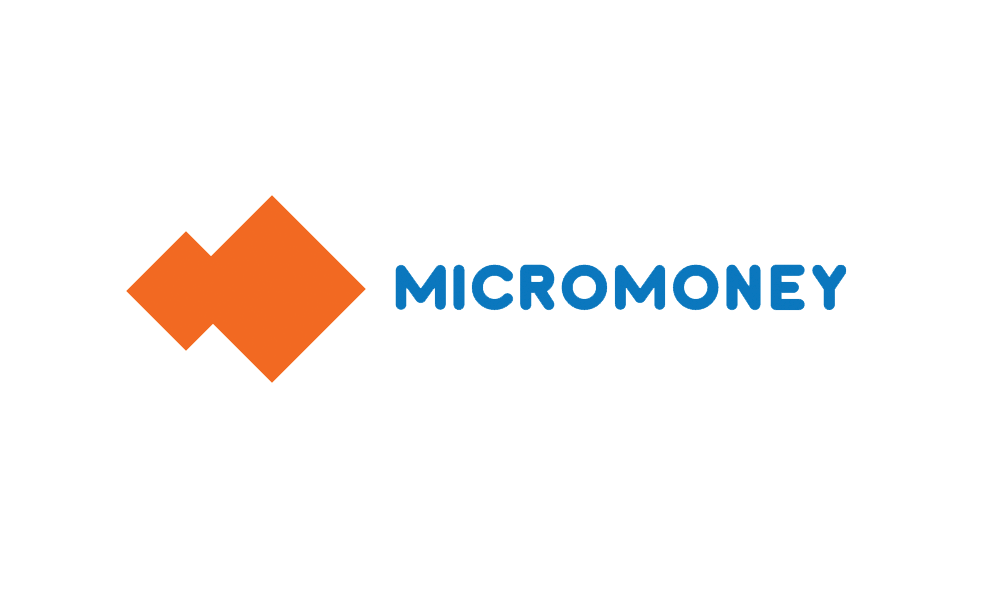The Rothschilds made the phrase “He who owns the information, owns the world” when they became the first to know the news. Winston Churchill often repeated the phrase out of fondness. Yet every great man who said the phrase knew that information was only as precious as its applicability.
Disclosure: This is a Sponsored Article
A couple of years back, traditional markets went crazy for the possibilities Big Data presented. However, traders grew pessimistic when they found no one knew what to do with all the data. Now, we have a plethora of tools available to turn raw data into statistics and forecasts for the market. Now, companies use data to enhance services, automate processes, gain insights into target markets, and improve overall performance.
The online retail goliath Amazon accesses data to survey what kind of purchases and searches consumers make. The obvious use of this data is advertising algorithms, but Amazon also uses it to improve its customer relations. General Electric utilizes data from sensors from machinery like gas turbines to jet engines to find ways to better working processes and reliability. Starbucks uses Big Data to predict the success of a new location.
Neural networks is yet another tool that transforms raw data to an applicable tool. MicroMoney uses neural networks and Big Data to process its own scoring system for quick creditworthiness assessments of clients with no credit history. There are no paper applications,certificates, or cross checking scoring systems. Instead, users download the MicroMoney application, sign the user agreement to use personal data, and complete the loan application online. If the user maintains a credit score based on this mobile scoring system, loans are approved automatically and sent to the user’s wallet. By analyzing all data, MicroMoney sets a rate and identifies potential risk with an accuracy of over 95%.
Our credit scoring system reviews data that is in its database constantly. And the more processing that it does, the quicker and more accurate it returns customer’s creditworthiness. Future self-learning neural networks will provide people with services before they apply for a loan. For instance, on a social media network a man posts that his wife is pregnant. If the man is a MicroMoney user who is also known as a client of high creditworthiness standing, algorithms will search his history and submit an offer for a special mortgage or car loan offers. The same technology applies for young women searching for school. Systems are able to analyze their bank accounts and assess student loans and compare their scores to other students. If her grades and mobile credit score are acceptable then her student loan is nearly automatic.
With fintech and blockchain changing the way banking works for such a huge population, the old maxim is changing to “He who owns the technology, owns the world”. And for MicroMoney users the technology to change their lives fits right in their pocket changing ordinary everyday life for the better.

